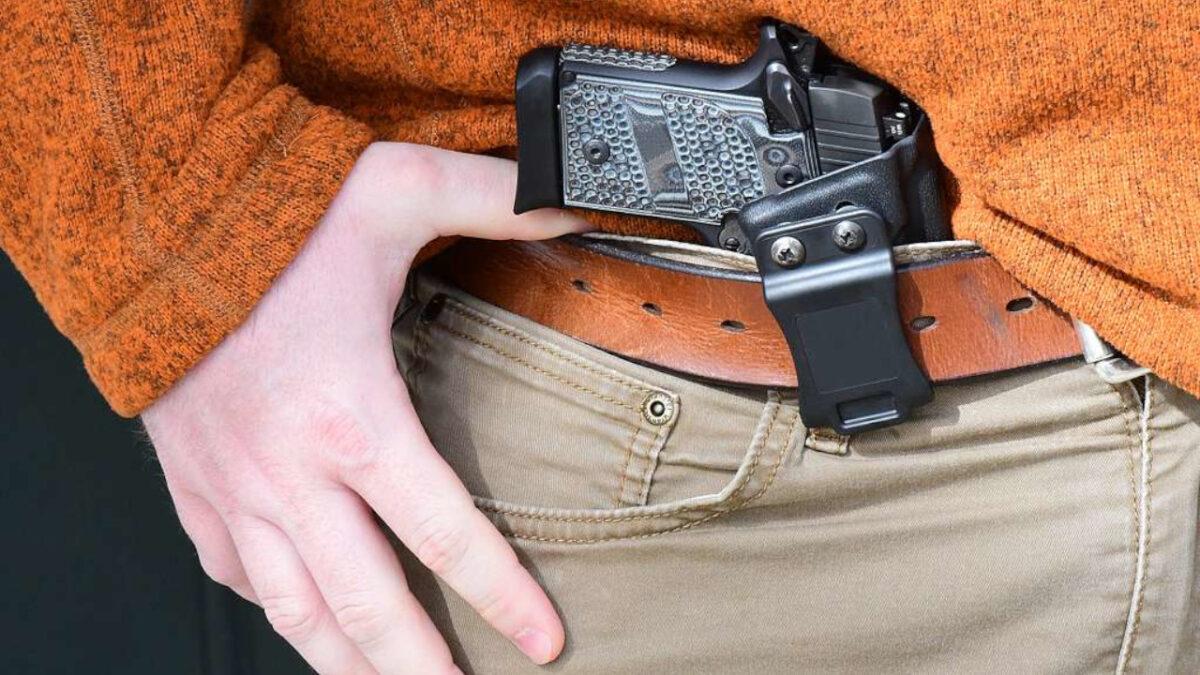Boise, ID – Attorney General Raúl Labrador joined a coalition of 19 state attorneys general in filing an amicus brief urging the court to halt Maryland county’s unconstitutional gun bans in places of public assembly and in the 100-yard “buffer zones” around them.
“While local municipalities have a degree of autonomy in some issues, it is essential to ensure that any actions taken respect the rights and liberties guaranteed in our constitution. Montgomery county unequivocally violated the Second Amendment and demonstrated a disregard for the settled precedent in the Bruen case. An attack on our constitutional rights anywhere is an attack on them everywhere. My office will remain resolute in defending the rights of all Americans,” Attorney General Labrador said.
A group of gun rights advocates, businesses, and private citizens sued to overturn a Montgomery County, Maryland law that prohibits the possession of firearms within 100 yards of a “place of public assembly,” defined to include publicly or privately owned parks, places of worship, recreational facilities, and more, and to include the surrounding grounds and parking lots of these locations.
The Montana-led amicus brief asks the U.S. Court of Appeals for the Fourth Circuit to reverse a federal district court decision that denied the plaintiffs’ motion for a preliminary injunction in that case, Maryland Shall Issue, Inc. v. Montgomery County, Maryland, and to ensure that courts properly employ the approach required by the U.S. Supreme Court’s landmark decision in N.Y. State Rifle & Pistol Ass’n v. Bruen.
In the case of Bruen, the Supreme Court established that for a gun restriction to be deemed constitutional, it must be “relevantly similar” to a regulation that was in place either during the adoption of the Second Amendment in 1791 or at the time of the ratification of the Amendment in 1868.
The Supreme Court has firmly ruled that limitations on gun possession are permissible in specific locations such as courthouses, polling places, schools, government buildings, and legislative assemblies. The law in question, however, impermissibly extends the restrictions to places of worship, public parks, recreational and multipurpose exhibition facilities, public libraries, and buffer zones.
Defending the law, Montgomery County made the case that its law is similar to restrictions enacted late into the 19th century. However, the evidence was not sufficient to satisfy the analogical inquiry Bruen requires because it failed to identify relevantly similar historical evidence close in time to either 1791 or 1868.
“[A]part from a handful of state laws, local ordinances, and territorial statutes enacted during the late nineteenth century—often more than a century removed from the founding—the historical record doesn’t show an ‘enduring American tradition’ of restricting the right to carry in places of worship, public parks, recreational and multipurpose exhibition facilities, public libraries, or in buffer zones surrounding those locations,” the brief states.
By offering limited historical evidence that is far removed from the ratification of the Second Amendment, Montgomery County fails to show that its places-of-public-assembly restrictions align with our historical tradition of firearm regulation.
“Sweeping aside the County’s irrelevant evidence yields only a handful of arguably relevant evidence supporting §57-11’s place-of-public-assembly restrictions,” the brief states, which is “‘surely too slender a reed on which to hang a historical tradition of restricting the right to public carry’ in the locations challenged here.”
The County thus failed to support a historical tradition of public-carry bans in places of worship, public parks, recreational and multipurpose exhibition facilities, public libraries, and or its broad buffer-zone restrictions.
Attorneys general from Alabama, Alaska, Arkansas, Georgia, Indiana, Iowa, Kansas, Kentucky, Louisiana, Mississippi, Missouri, Nebraska, South Carolina, South Dakota, Texas, West Virginia, and Wyoming also joined Montana’s brief.
Click here to read the brief.


